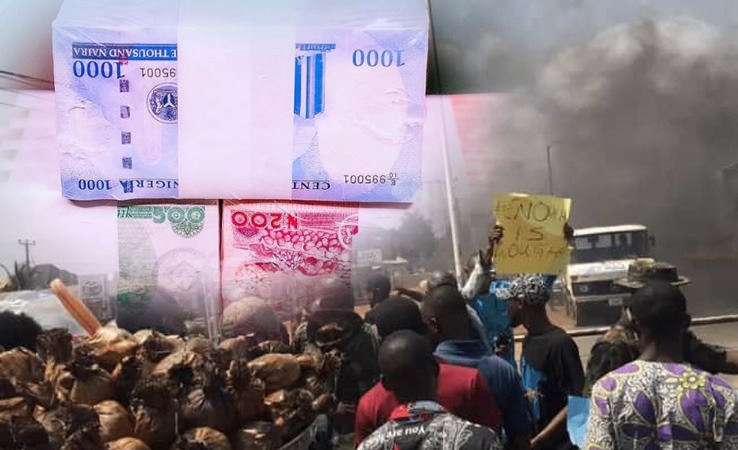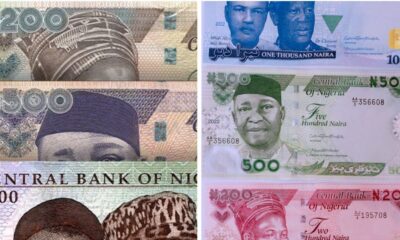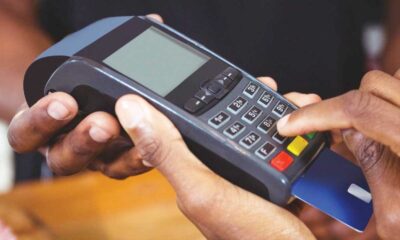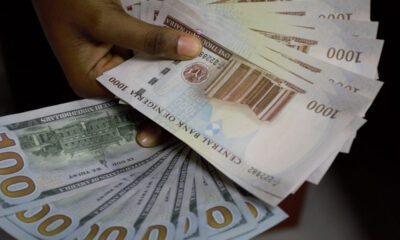NEWS
CBN Orders Cause Nationwide Confusion Over Old Banknotes

Deposit money customers in Nigeria were left in confusion on Friday, 17th February 2023, as the Central Bank of Nigeria (CBN) issued conflicting directives on the deposit of old N1,000 and N500 notes.
The confusion arose from anonymous briefings by senior officials of the bank, a memo that the bank reportedly gave to commercial banks, and an official statement issued by the bank, all within six hours. The CBN first opened a portal on its website for those willing to return old notes to fill a form and generate a code, and a senior official of the apex bank had also given an anonymous briefing to one of the media outlets that Deposit Money Banks had been directed to receive the old N500 and N1,000 notes from depositors. However, a few hours after its official spoke to the media outlet, the CBN issued a statement refuting the official’s remarks while also seeking to blame the media for the confusion.
Despite the CBN’s rebuttal, the bank gave written directives to banks to start receiving the old notes from customers and to open on Saturday and Sunday for that purpose. Several commercial banks, including UBA, First Bank, GTB and Ecobank, subsequently sent emails to their customers to inform them that they would now accept the old N500 and N1,000 notes and that they would open on Saturday and Sunday to receive the deposits. However, a statement signed by the CBN’s Director of Corporate Communications, Osita Nwanisobi, on Friday, denied the directive.
The resulting confusion lasted till Friday evening, with depositors thronging and overwhelming CBN offices across the country trying to deposit N500 and N1,000 notes to no avail. Some customers who were initially turned away from banks were later informed by their banks that they could make deposits, while others were left with no options.
The CBN had announced on February 16th, through the President’s broadcast, that the bank had been directed to only re-issue and recirculate the old N200 banknotes, and these notes would be considered legal tender for a period of 60 days until April 10, 2023. The bank also stated that members of the public should disregard any message and/or information not formally released by the Central Bank of Nigeria on this subject. Media practitioners were advised to verify any information from credible sources before publishing it.
This development has raised several questions from Nigerians about the conflicting statements and the failure of the CBN to provide clear guidelines for the deposit of old notes. Many customers have expressed frustration at the conflicting orders and confusion created by the CBN, with some wondering why the bank issued multiple directives within a short period of time. Others have lamented the lack of proper communication and information from the bank, stating that it has left them confused and stranded.
In conclusion, the conflicting directives issued by the CBN regarding the deposit of old N1,000 and N500 notes have caused confusion among depositors in Nigeria. The bank’s lack of clear communication and proper guidelines for the deposit of old notes has left customers frustrated and stranded. While the CBN has directed members of the public to disregard any message and/or information not formally released by the Central Bank of Nigeria, it is important for the bank to provide clear communication and guidelines to avoid future confusion and inconvenience to customers.



















